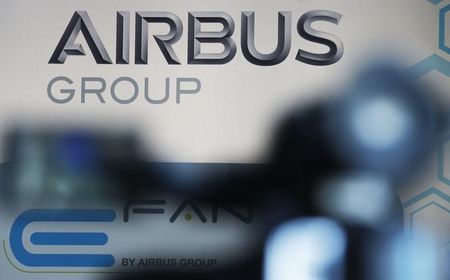TOULOUSE France (Reuters) - Airbus Group has begun sounding out potential partners for parts of its defence and security business whose future was left undecided in a recent portfolio review, Chief Executive Tom Enders said on Thursday.
Airbus Group this month unveiled plans to sell various communications, sonar and software businesses with revenues of 2 billion euros and to focus its Defence and Space division on warplanes, missiles, launchers and satellites.
The fate of a third group of assets, involving mainly its defence electronics and border security activities, was left undecided, but Airbus Group said it was not prepared to invest the money that would be needed to conquer a global position.
"The decision is that clearly this is not a core business for us and we have started to discuss with possibly interested parties," Enders told Reuters in an interview.
Asked whether Airbus Group favoured a disposal or joint-ventures for all or part of those activities, he said: "It really depends on who has an interest and who wants to be buying this business or to be a majority partner and so on ... But the decision has been taken that this is not a core business for us in the future."
Enders said Airbus Group would work "as soon as possible" to formulate the next steps but was not bound by any particular timeline or sequence.
He was speaking on the sidelines of the first flight of the Airbus civil planemaking subsidiary's A320neo, an aircraft whose popularity with airlines and Airbus stockholders -- alongside the failure of a bid to carry out a major defence merger in 2012 -- prompted the group to review its defence and space strategy.
The shake-up marks a break with previous efforts to diversify into security activities and a halt to investment in defence electronics, in which Airbus lacks the scale of rivals.

Europe's defence industry is struggling as cash-strapped governments cut back on arms spending. Airbus Group, then known as EADS, responded in 2012 by trying to merge with UK defence firm BAE Systems but the deal was blocked by Germany.
(Reporting by Tim Hepher; editing by David Clarke)
_800x533_L_1412520412.jpg)